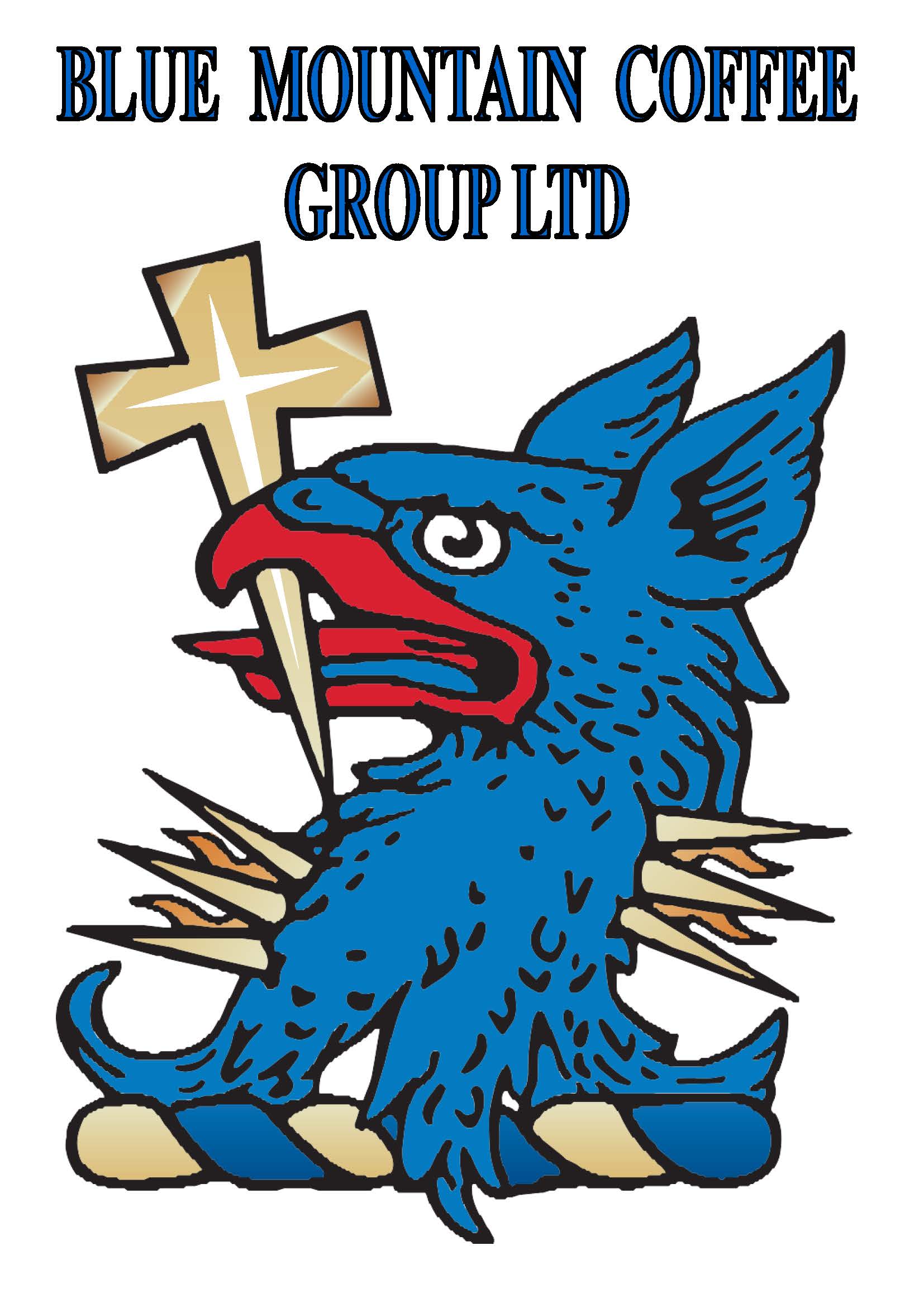Home / Welcome / History / Location / Specifications / Ethics / Contact Us
History & Background
King Louis XV
Jamaica Blue Mountain coffee can claim its origins from a decision taken by a French King in the 18th Century. In 1723, King Louis XV sent three coffee plants to the French colony of Martinique - another lush, fertile island 1,900 kilometres south-west of Jamaica. Five years later in 1728, Sir Nicholas Lawes, Governor of Jamaica, received a gift of one coffee plant from the Governor of Martinique. The rest is history.
From that one Arabica coffee plant, an exquisite coffee was introduced to the world. This one plant was nurtured and a plantation grown. Within nine years, the first coffee was exported and the Jamaican coffee industry was born..
Arabica coffee loves the nitrogen and phosphorus-rich soil of Jamaica and nowhere else better than the steep elevations of the Blue Mountains. Located north of Kingston on the eastern side of the island, the Blue Mountains rise to elevations of 2,350 metres. The bean cultivated is mostly Arabica Typica.
Volcanic Soil
The coffee thrives in the fertile, volcanic soil, regular rainfall and, most importantly, under the island’s misty cloud cover, to shade it from the burning sun. All these factors combine to develop coffee with exceptional sweetness and aroma, rich flavour, and full body with mild acidity.
To be called Jamaica Blue Mountain coffee, it must be grown at altitudes of up to 1,800 metres in the Parishes of Portland, St Andrew, St. Mary and St Thomas; comprising an area of some 6,000 hectares – the size of a large estate in one of the high volume coffee-growing countries. Coffee farming in the Blue Mountains is characterised by mostly small holdings of up to 4 hectares but there are larger estates of up to 70 hectares in size. There are around 15,000 small holders and estates in total.
Champagne of Coffees
The result is what many regard as the best coffee in the world and the “Champagne of Coffees”. Like France’s ‘Appellation D’Origine Contrôlée Champagne’, which strictly controls where authentic Champagne grapes may be grown, the area where Jamaica Blue Mountain coffee plants are cultivated, is also strictly controlled.
Indeed, the area is relatively small and exportable annual production varying between 400 metric tons & 1,000 metric tonnes is tiny by world standards, equivalent to 0.1 % of Colombian production or, put another way, equivalent to 3 hours of Colombian production!
Highlighting its scarcity and exclusivity is the fact that Jamaica Blue Mountain is virtually the only coffee in the world to be packed in iconic wooden barrels, instead of bags.
Further History
Returning to the coffee’s history, Jamaica became a leader in coffee and the largest producer in the world between 1800 and 1840, with production reaching 70,000 tons per year. In 1838, slavery was abolished and many coffee plantations were closed down to make room for newly freed slaves who began planting food crops for themselves. By the 1890s, the Jamaican coffee industry was in chaos and the government passed legislation to provide “instruction in the art of cultivation and curing by sending certain districts, competent instructors”.
Quality Control
Quality control was a challenge for the next fifty years, with some improvements in the early forties, and then two events occurred. The first, in 1944, was the decision by the Jamaican government to establish a Central Clearing Coffee operation where all coffee for export had to be processed. The second was the creation of the Jamaican Coffee Industry Board (or the JCIB) in 1950 empowered to improve, control and maintain the quality and reputation of Jamaican coffee. The JCIB was recently amalgamated in 2018 with other Jamaican commodity statutory bodies to form JACRA (Jamaica Agricultural Commodities Regulatory Authority).
Strict Standards
As influential as ever, every barrel of coffee must go through JACRA for quality control where the green coffee is rigorously inspected before it is exported. This can take time and cause delays, but quality is paramount and strictly controlled, ensuring that all Jamaica Blue Mountain coffee leaving Jamaica is of the highest quality. Furthermore, JACRA sets strict standards for the growing, harvesting, processing and marketing of the coffee, making sure that the end result is always an excellent cup of coffee.
